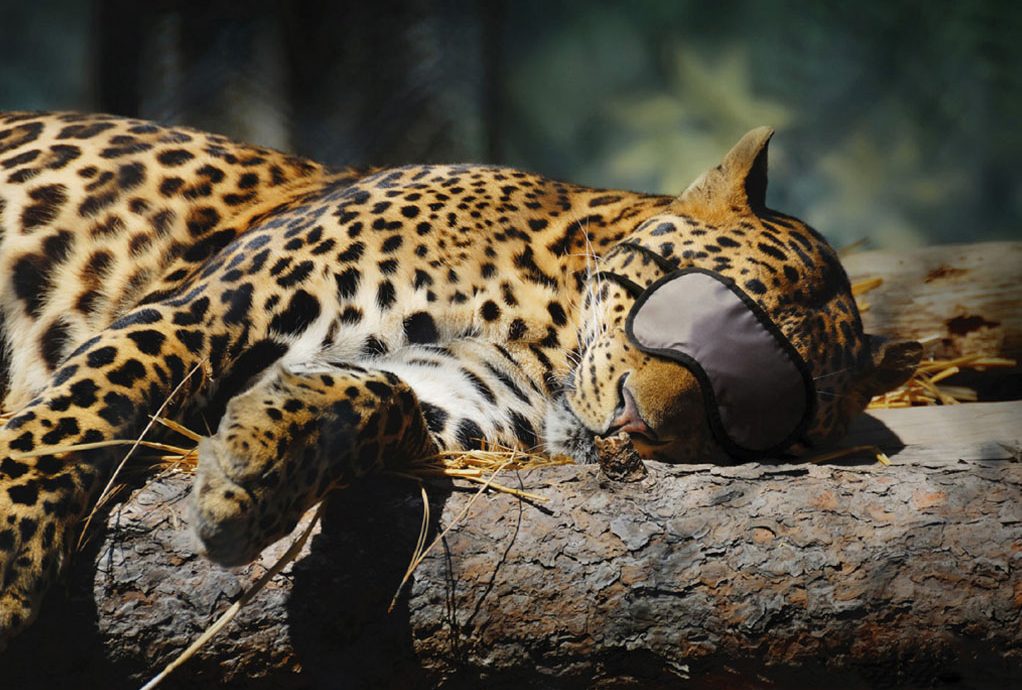Boxed water allows zoos to align with their modern values
Boxed water allows zoos to align with their modern values
By Rachel Werner
In the past fifty years, zoos have undergone a meaningful metamorphosis. Previously, zoos were primarily an opportunity for people to interact with wildlife in ways they could not in nature. This involved a variety of activities, including animal feeding, that could have detrimental effects on animals. Many of the animals were kept in small enclosures, with few opportunities to take breaks from interacting with visitors. However, in more recent years, zoos have begun to change their focus.
While earlier zoos had focused on exhibiting the animals, modern zoos are focusing more on conservation and education. This change has certainly been for the better; modern zoos are involved in conservation efforts for some of the world’s most threatened species. Another exciting change that zoos have undergone has been a revision of animal enclosures. The enclosures in today’s zoos are bigger and more diverse, with places for animals to retreat when they do not want to interact with visitors. Most modern zoos have also abolished their animal feeding programs while increasing different forms of interaction with domestic animals. However, there is one area in which zoos have failed to move into the 21st century: recycling and plastic use. Their solution to this is the exciting new trend of Water Boxes.
“However, there is one area in which zoos have failed to move into the 21st century: recycling and plastic use.”
Water boxes are one of the most exciting advances in concessions and vending machines. The water box is a recyclable and biodegradable carton that could replace single-use plastic water bottles. Plastic water bottles are a major pollutant in our waterways and green spaces. Because plastic degrades slowly, any bottles littering natural areas will remain there, posing risks to wildlife, for many years. Aligning with modern zoo values of conservation, choosing Water Boxes will be much better for the environment than plastic bottles. They could also signal individual zoos’ dedication to helping reduce waste and working to protect threatened species. Water Boxes are also valuable for their potential as interactive tools. In the same way as cereal boxes, which have featured puzzles, coloring pages, and toys, these Water Boxes could include various elements to increase interaction. When zoos are focused on educating visitors, especially children, water boxes could be a tool for fun education. They could include animal-themed puzzles and fun activities that would inspire children to care for animals and their environment.
Zoos have changed for the better since their original purpose as a form of entertainment. They have created better animal environments and are a main force in conservation and preservation of species. Now, Water Boxes provide a new and better way for zoos to further align with their goals of protecting the environment.
Follow us for more https://direct.me/zoomedia



Comments
Post a Comment